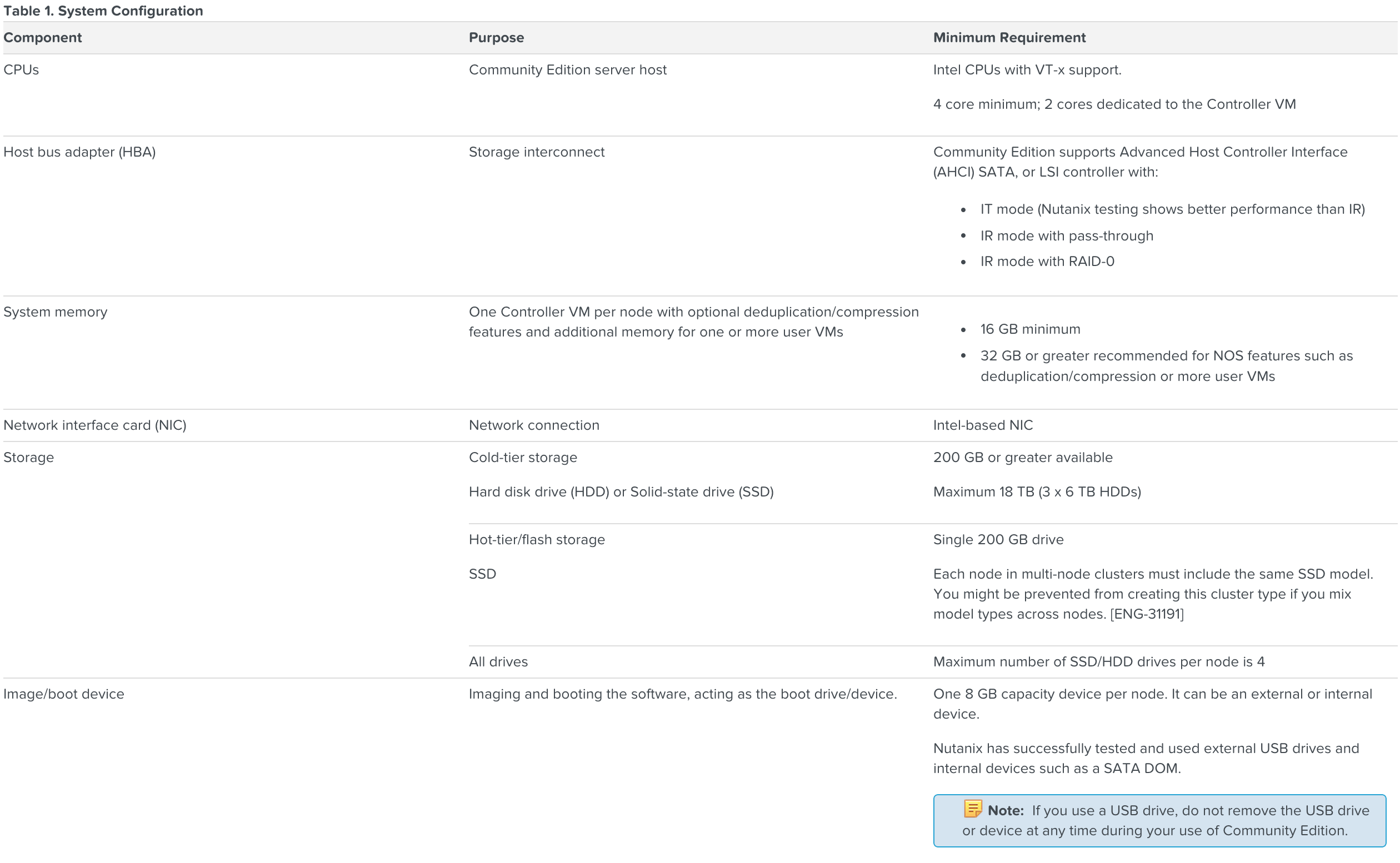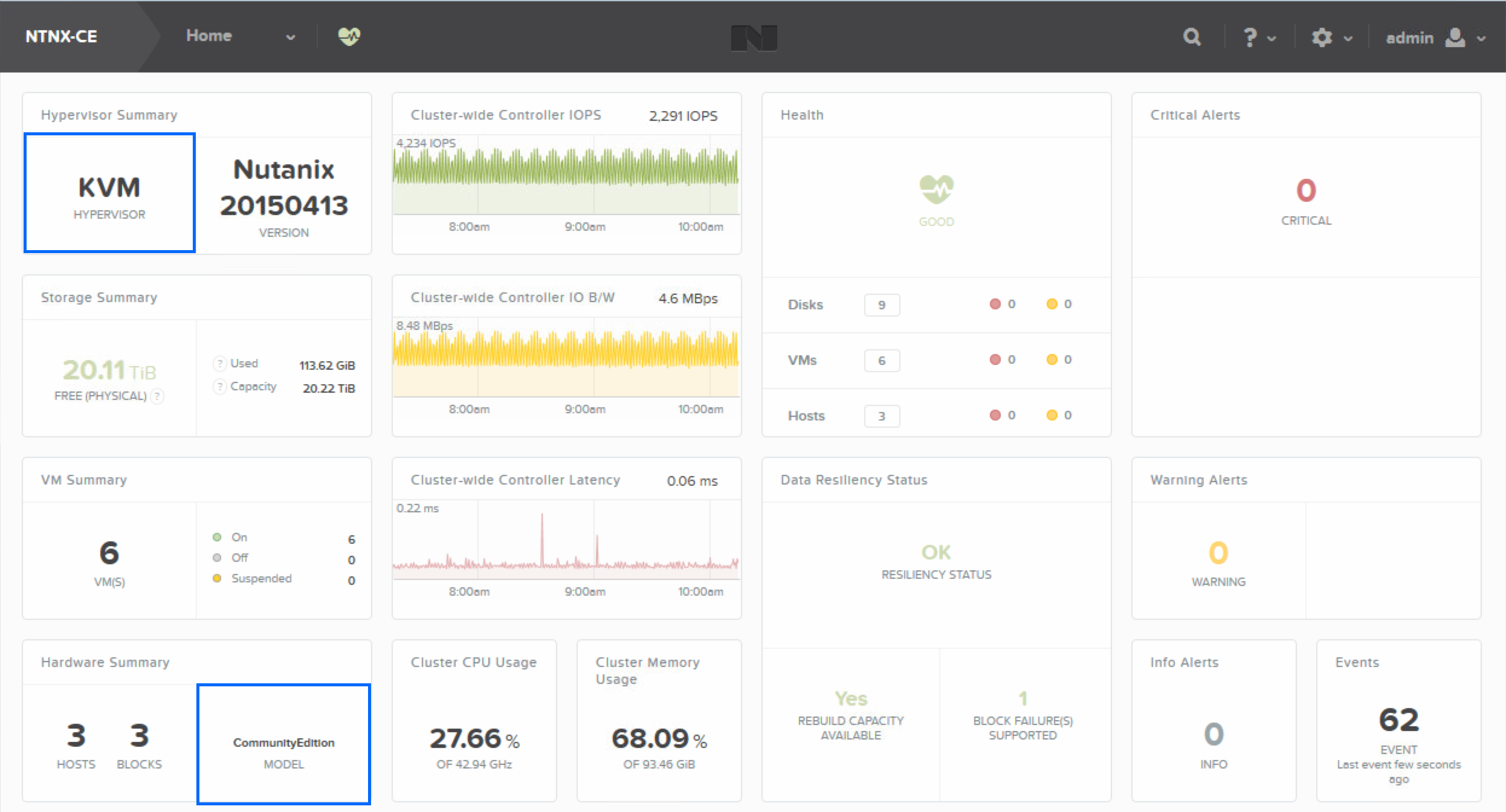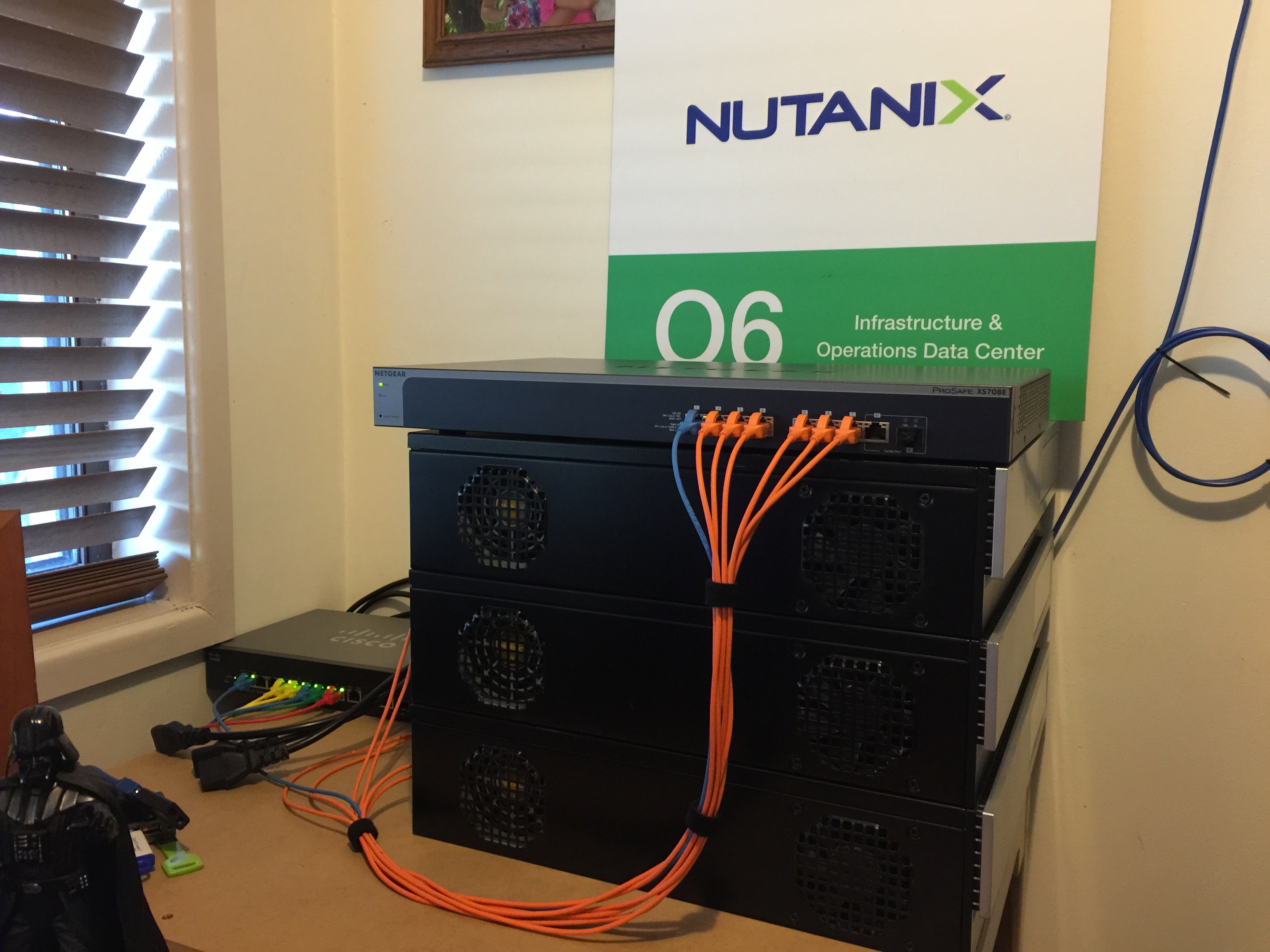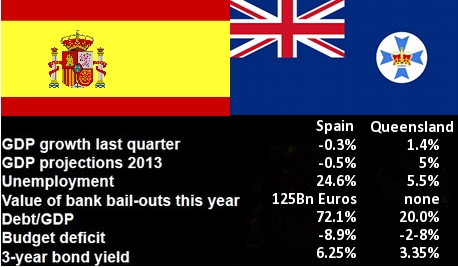Before Christmas I was scanning Twitter and I spotted the following from the lovable and highly intelligent Corinne Grant;

I must admit I took umbrage at this, and felt Corinne was confusing a privacy issue with her own political beliefs about copyright. I mean it’s one thing to infringe copyright and it’s another to invade and abuse someone’s privacy and the privacy of innocent 3rd parties without consent.
I feel passionately that the issue of piracy and harm is vastly overstated by the industry and in fact believe non-commercial piracy can have quite a positive impact on the economy and media industries as a whole. Corinne however certainly disagrees with myself and my “cohorts”.


Twitter is not the greatest of places to try and debate such a complex issue and as I was just starting to enjoy my holiday away from the keyboard I decided I would revisit this now after Christmas when I can try my best to put forward an argument that Corinne might at least respect if not come to understand.
I have been in the IT industry since i was 16 years old; I have come through the dot com boom period and it’s decline, and every step of the way I’ve been witness to how my peers react to emerging technology.
File sharing has always occurred, only the medium has changed. I can remember swapping disks with mates in the school grounds, then it was via random FTP servers, then newsgroups which became peer 2 peer and now we have torrents. Technology has had a big impact on the way people do things, not necessarily on what they do. According to my mother, when she was young, we’re talking 60s here, Saturday mornings were often spent at the record shop listening to singles. Albums were out of monetary reach for her and most of her friends. Groups of teenagers would spend hours there listening to the music of their choice. They didn’t pay anything and the artist didn’t make any money from their listening. (The artists did grow in popularity however.) Then when one of them had saved up enough money they would buy a single. They would take it home and listen to it there. Any friends who were lucky enough to own a tape recorder (reel to reel – not talking 8 track here) would then record a copy of the single to listen to at home. They didn’t see it as piracy but as sharing.
There are also a number of legitimate reasons for file sharing that do not infringe on copyrights, these are covered by Australia’s ‘Fair Dealing’ provisions. The Attorney-General is also presently engaged with the Australian Law Reform Commission to determine if Australia should extend our concept of ‘Fair Dealing’ to include ‘Fair Use’ as a general defense and rightly so.
http://www.alrc.gov.au/publications/copyright-and-digital-economy-ip-42/fair-use
So why is non-commercial copyright infringement (piracy) ok by me? Ever heard of try before you buy? It’s a pretty well versed concept, no one I know buys a car without taking it for a test drive to see how they like it, no one I know buys a house without giving it a good inspection. Same goes with every bit of furniture that’s in my house, not once have I parted ways with my hard earned without first having the opportunity to check out the goods. Heck even go into the local ice cream parlor and they will let you try the flavors first to see what you like. This gives consumers confidence in the products they are buying and media content is no different.
Now I know what you are thinking, that if you do any of the above without permission that would be theft etc and I agree but then it’s easier to get that permission on the above as it’s kind of expected. Intellectual property such as media isn’t the same as tangible, physical property. If I copy a song or download a movie the original is not lost, the original owner is not deprived of their copy. I didn’t steal it away from them, they still have it and just by copying it etc I haven’t taken money out of their pocket.
Indeed the Media Entertainment and Arts Alliance, Corinne’s organisation, in their own submission to the Department of Foreign Affairs and Trade stated “Although piracy levels are reported to be high, associated financial losses do not appear to be so.”
There doesn’t appear to be a financial loss because their isn’t one, the markets may be changing, the way we access and purchase our content may have changed but we certainly haven’t stop spending.
A quarter of all Australian’s are engaged in non-commercial piracy. That’s 5 million people. Per capita Australia has some of the highest rates of downloading world wide and yet IBRS analyst Guy Cranswick believes holding piracy accountable for the fall in some sectors of the industry betrays a deficit of “imagination and insight” by the parties involved.
Domestic sales of DVDs, Blu-ray and other media are holding well in a climate of change with strong revenues over the billion mark falling by around 6% year on year since sales peaked in 2008 at $1.4 billion well after the peer 2 peer revolution began. This decline is in line with the British Video Associations report of an annual decrease in sales of 5-6% due to emerging technologies and not due to piracy.
The media industries bang on about how piracy is evil and they all lose lots of money because of it, but this assertion has not been supported by an independent review and in fact most outside the industry seriously doubt the “copyright math” is credible.
The Australia Content Industry Group (ACIG) recently commissioned a report written by Emilio Ferrer that claimed piracy was costing Australian content providers $900 million a year and 8000 jobs. When pressed Mr Ferrer clarified “When you apply business modeling and the average and end up concluding the impact was $900 million, of course the answer is not $900 million but we try to deal with that by looking at the range. The conclusion is there is a significant loss to economic activity and therefore jobs as a consequence of internet piracy.”
Hang on did he just say when you conclude the impact was $900m the answer of course is not $900m? Well what the hell is it? Just a guess?
Thing is they can’t even agree because the Australian Federation Against Copyright Theft (AFACT) tabled a report that claimed piracy had cost the economy $1.37 billion in lost revenue and 6100 jobs in a 12 month period. Here’s a hint just because the money wasn’t spent on your content does not mean it was lost to the economy, it was most certainly spent elsewhere on other cool stuff that may have created more jobs. It didn’t just up and disappear, but again the losses being spoken about by these anti-piracy agencies never ever match. They never come to any kind of consensus.
The industry is constantly lobbying about their impending Armageddon and viability while rolling out the same old self-serving hyperbole that assumes every soul that’s ever downloaded infringing material would have other wise gone out and paid the recommended retail price for the legitimate version. I truly believe the opposite is true , for a vast majority if it wasn’t available they’d simply give it a miss as they couldn’t be bothered. My generation lives for convenience that’s why Frost & Sullivan released findings that showed Australian online shopping for 2012 was up to $16 billion, an increase of 17.9% and that is excluding digital media distribution platforms such as iTunes.
Unlike the 12-page fantasies coming from the likes of AFACT that burn all downloaders as criminals and economic vandals, respected Dutch research firm TNO released a 142-page report about piracy commissioned by the Dutch government, where it noted that piracy appeared to have a net benefit for the economy. Key statements include:
- Lot‘s of People download for free to learn about new music and eventually buy when they like it
- Downloading goes hand in hand with buying
- Among downloaders of music and movies, the percentage of buyers is as high as among non-downloaders and with games the percentage of buyers is even higher
- People that download music visit concerts more often and buy more merchandise
Why stop there, in Canada the government’s peer 2 peer study, The Impact of Music Downloads and P2P File-Sharing on the Purchase of Music: A Study For Industry Canada, concludes that there is a positive correlation between file-sharing and media. “Our review of existing econometric studies suggests that P2P file sharing tends to decrease music purchasing… However, we find the opposite, namely that P2P file sharing tends to increase rather then decrease music purchasing”.
Mark Mulligan of Forrester Research found that those who file-share are the ones most interested and connected to music. “They use file sharing as a discovery mechanism“.
The UK is no different; a recent survey found that those who admit illegally downloading content spent 50% more on legal content then those who claim that they never download content dishonestly.
According to figures released by the digital monitoring service Musicmetric the most illegally downloaded albums of 2012 was those of Ed Sheeran with 55,512 shares on average per month. Ed Sheeran told the BBC when asked how this made him feel responded “You can live off your sales and you can allow people to illegally download it and come to your gigs. My gig tickets are £18 and my album is £8, so it’s all relative.”
Back in Australia the story is much the same with a recent respondent to a survey stating “Last year I downloaded the latest U2 album, so cost them and the industry $20 or so. When they came here I paid $800 to see them in concert with my girlfriend, plus bought 2 t-shirts. had I not downloaded the album I wouldn’t have gone.”
In my experience this is exactly what happens, people who are exposed to content they normally wouldn’t see otherwise via downloading end up being converted to paying customers. For the most part every movie my peers have ever downloaded that they have liked they have gone on to purchase and what they didn’t like they deleted as it was rubbish. Whats more as formats change they repurchase the same titles i.e Serenity, I purchased it on DVD, HD-DVD and then Blu-ray. People want to and do support content they like but they are also weary of being burnt.
Despite the continued focus on piracy, sales of digital content are actually going up across the board. In 2011, 26.6 million albums were sold digitally, a rise of 24% on 2010 and four times as many as were sold in 2007. Digital music sales outstrip physical media with the Australian recording industry association showing in 2010 that digital sales were 32.02% , nearly 55.3m, with physical sales being 36m.
This evolution of the market place will continue and is in line with what the industry expects as the market takes it natural course.
E-commerce opportunities, explosive growth in new technology and content delivery are the real reason behind the decline in some sectors of the market. Just because one area has a decline doesn’t mean there is a loss. It’s like energy it can’t be lost or destroyed it can only move and it has, into new delivery platforms.
Corinne is concerned for her members’ jobs. Well according to Screen Australia, sourcing data from the Australian Bureau of Statistics, employment in Film and Video production and post-production services has risen in Australia every year since 1971. In fact from 2006-2011 there has been a 20% increase in employment numbers from 8,261 to 9,908.
More local content is being produced then ever before. Underbelly continues to be among the highest ranking television downloads on the Australian iTunes store.
What’s really disappointing is the MEAA in another submission, this time to the Office of the Arts, states:
“It is well documented that illegal file sharing and piracy impacts negatively upon the revenues returned to artists and the ability for artists to be rewarded financially for their creative work.
The digitisation of creative work is impacting upon most creative industries from the book industry to the music and film industries. This will only be further exacerbated with the development of the National Broadband network and increased delivery of content over the Internet.”
Wow, just wow. What an out of touch and ignorant set of statements. Admission prices have risen 24% over the past 5 years. Box office takings have continued to rise every year since 2005, the last 3 years topping the billion dollar mark consecutively.
Screen Australia state that out of the 403 films screened in Australia during 2010 of those films, 41 were Australian, accounting for $50.6 million or 4.5% of the total. With earnings on the rise over the last few years, the box office for Australian films has marked a significant improvement on recent years. In 2010, the gross box office was up 73% on the five year average and this continues to be the case.
In 2010 the most pirated movie was Avatar with the industry stating it was illegally downloaded 17,580,000 times. Avatar now holds the all time box office record of $2,782.3m, lets say the average ticket price is $12, that means those nasty pirates box office ticket value is worth around $210 million. Does the industry really maintain that not one of those people who downloaded a copy of Avatar went and saw it in the theaters, or purchased it on DVD / Blu-ray?
Does this really sound like an industry being strangled by out of control pirates? Avatar also smashed all DVD / Blu-ray sales records in just 4 days easily eclipsing the previous record held by the Dark Knight. I can guarantee you that pirates where among the first to line up and see Avatar, and the first to pre-order it on Blu-ray etc.
Gabe Newell, CEO of games company Valve and online distribution service Steam, summed up the issue well when he said “In general, we think there is a fundamental misconception about piracy. Piracy is almost always a service problem and not a pricing problem… If a pirate offers a product anywhere in the world, 24/7, purchasable from the convenience of your personal computer, and the legal provider says the product is region locked, will come to your country 3 months after the US release, and can only be purchased at a brick and mortar store, then the pirate’s service is more valuable.”
In 2009 the Nine Network allowed people to download entire episodes of the new Underbelly: A Tale of Two Cities series via the NineMSN video catch up service where it was downloaded more then 50,000 times in 16 days setting a new record for Nine. However the episodes were ladened with digital rights management meaning you had to install Nine’s HIRO video codec and play back was strictly controlled.
The fascinating thing about this was while this was definitely a move in the right direction, Apples iTunes store was charging $2.99 per episode and customers where paying in droves. They were paying for the convenience and the ability to choose when and how they play back the content. People turned their back on the free version and parted with their money for a better service outcome. This just reenforces what highly successful people like Gabe Newell have been saying for a very long time.
It should be noted that Forbes reported Steam’s, Valve’s online distribution platform, sales constitute 50-70% of the $4 billion market for downloadable PC games on offer. Founder and CEO Gabe Newell calls Valve “tremendously profitable“. Steam was launched as a service in 2003 and is just one of many new technologies in the market place causing the demise in sales from traditional outlets. Again these sales aren’t being lost, they are being moved.
For the media industry to claim the massive losses they do would mean every single person who’s ever downloaded content would have to keep their money in their pocket. The industry is saying these people never ever buy content whether it be a DVD / Blu-ray or a Movie ticket, and certainly don’t go to concerts or other gigs. In Australia that’s almost 5 million people doing this harm according to the industry, the same industry that says the average ipod has over $800 worth of pirated music on it.
Let’s look at some of the other new age technologies helping people get their content fix.
Amazon Prime, membership is $78 annually and now has over 5 million members. This membership is growing at 20% per year. Robbie Schwietzer, vice president of Amazon Prime told Bloomberg Businessweek “In all my years here, I don’t remember anything that has been as successful at getting customers to shop in new product lines“. That’s $390 million in new revenue just from the memberships alone and Amazon has found once a member joins Prime, Amazon’s average customers’ gross spend grows from $400 a year to $900 a year in their first year of membership as they take advantage of the service’s value adds and convenience.
Hulu Plus, uses a dual revenue stream to provide all the latest TV shows. Hulu Plus has a subscription fee of $8 per month and also shows limited advertising during programs to help pay for the content. Relatively new to the market place Hulu Plus revenue rose 60% in 2011 with it’s subscriber base growing to 1.5 million people. CEO Jason Kilar stated on his blog “We grew the business 60 percent from 2010 to approximately $420 million in revenue. We exceeded our plan despite the soft advertising market (economy) in the second half of 2011“.
Netflix, a personal favorite and a main stay of streaming media the last few years reported third quarter financial performance revenues of $905 million, up from their second quarter result of $889 million. Even in the face of stronger competition the company met it’s projections. In the US alone Netflix grew it’s streaming market to 25.1 million subscribers, and continues to grow its international base as well.
Then there is Apple’s iTunes, the grand daddy of them all and a license to print money. iTunes represented 6% of Apple’s net sales in 2011 coming in at a staggering $6.3 billion.
There is no threat to the creative process nor is there a threat from non-commercial piracy, it’s the exact opposite. Out of all the people I know and have met it’s the enthusiast who downloads the most and it’s the enthusiast who spends the most. If the money and jobs were coming out of the economy at the rate the industry would have us believe there would be no industry and our GDP would be in the toilet but it’s not, it’s growing even though we are in the worst economic period of the last 50 years. It’s a lie, a con… all this is about is old money trying to protect their old way of doing things and maintaining their control over consumers.
The National Broadband Network isn’t going to magically cause more people to start pirating things, but it will enable new and existing businesses a platform from which they can operate more efficient and convenient streaming services. It will remove a barrier of entry that currently curbs domestic online innovation that sees people outside of metropolitan regions buy their media content overseas where it is cheapest.
Sanity needs to prevail here just like it did when the High Court of Australia tossed out the media industry’s case against iiNet, of which the MEAA was a Party. They actually said “Our view is that internet providers are profiting from their customers’ downloading activities at the film industry’s expense.” That’s like saying Ford or Holden profit every time someone uses their goods or services to rob a bank or carry out a ram raid, it defies all logic, it’s a nonsense.
I’d just like to ask Corinne a couple of questions to try to put this issue into perspective. Corinne, have you ever loaned a friend a book or borrowed a book from a friend or given someone a bite or two of a cake you were enjoying so that they could taste it? Have you ever borrowed a top or a dress from a friend to wear to a special occasion? Or passed on a recipe or a joke? If so, did you stop to think about the writer/designer/baker/artisan involved?
Sharing is a fairly natural behaviour for humans I’m glad to say. Perhaps those who complain should be glad since people rarely bother to share something they don’t like (they might give it away but they don’t share it); we share what we like, or are excited about.
You can’t legislate effectively against human behaviour, nor should you want to. Attempts to do so usually result in an opposite effect because basically as humans we hate being told what to do. Take prohibition in America as an example.
“Within a week after Prohibition went into effect, small portable stills were on sale throughout the country.[9] California’s grape growers increased their area about 700% during the first five years of the prohibition. Grapes were commonly compressed into dry blocks and sold as “bricks or blocks of Rhine Wine,” “blocks of port,” and so on.[10] The mayor of New York City even sent instructions on winemaking to his constituents.”
http://en.wikipedia.org/wiki/Alcohol_during_and_after_prohibition
Even the millions spent in trying to influence human behaviour have very limited and often short term results. People still smoke, binge drink, take drugs, gamble, exceed the speed limit, get sunburnt, have unprotected sex, and generally live their lives the way they want to and that is their choice because that should be our right as human beings. We also should have the right to share the things we like.What we do want to stop is those who steal our intellectual or real property and then sell it for their own profit. That is theft. That is where the effort needs to go. It would be great if we could influence people never to buy knock off goods because they are made in sweatshops and they are stealing the designers’ rights, but it is probably a pointless exercise. The media teaches people to aspire to owning those goods but the economy prevents that ownership. So a knock-off business flourishes. This issue is much bigger than piracy; it is about society as a whole, and the socio-economic status of the masses and the media driven campaigns for consumerism.
I’ll leave the last word to Rob Reid…







